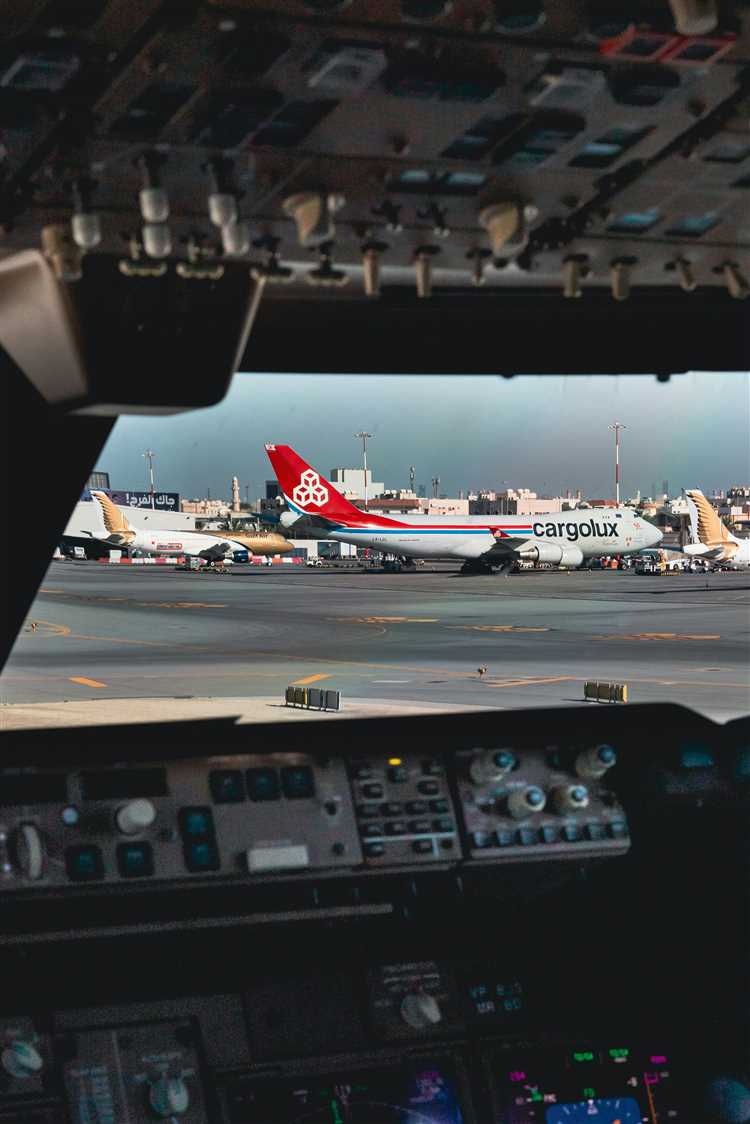
Booking a plane ticket can be a daunting task, especially when there are so many options and factors to consider. Whether you are traveling for business or leisure, securing the best deal requires careful planning and research. With a few simple strategies, you can make the booking process smoother and save both time and money.
Timing is everything when it comes to purchasing flight tickets. By understanding how prices fluctuate and knowing the best times to buy, you can significantly reduce your travel expenses. It’s important to be flexible with your travel dates and to book early if possible, as this increases your chances of finding great deals.
Another key to a seamless travel experience is choosing the right airline. Each carrier offers different services, comfort levels, and pricing structures. By comparing airlines based on your preferences and needs, you can avoid unpleasant surprises and ensure a more enjoyable flight.
Essential Strategies for Finding Cheap Flights
To find affordable flights, it’s crucial to start your search early. Flight prices tend to rise as the departure date approaches, so booking in advance gives you a higher chance of securing a lower fare. Try to plan your trip several weeks or even months ahead of time to take advantage of early-bird discounts.
Be flexible with your travel dates. Shifting your departure or return dates by a few days can lead to significant savings. Use flight comparison tools that allow you to explore prices on different dates and identify the cheapest options available.
Consider flying during off-peak times. Midweek flights, especially on Tuesdays and Wednesdays, are often less expensive compared to weekends. Avoiding peak travel seasons, such as holidays and school vacation periods, can also help you find lower fares.
Set up price alerts to monitor fluctuations in ticket prices. Many travel websites and apps allow you to set notifications for specific routes, so you can book when prices drop to an affordable level. This helps you stay updated without constantly checking for deals.
Look for alternate airports near your destination. Flying into smaller, less popular airports can save you money, even if it requires a bit of extra travel. Check for budget airlines that might offer cheaper flights to these airports instead of major hubs.
Maximizing Rewards and Loyalty Programs
Frequent flyers can significantly reduce travel costs by taking full advantage of rewards and loyalty programs. Many airlines offer programs where you can earn miles or points for every flight, which can be redeemed for discounts, upgrades, or even free tickets. Signing up for these programs is the first step to start earning benefits.
To maximize your rewards, ensure you are consistently using the same airline or alliance. This allows you to accumulate points more quickly and reach higher membership tiers, which often come with added perks such as priority boarding, extra baggage allowance, and access to exclusive lounges.
Take advantage of credit cards that offer travel rewards. Some credit cards allow you to earn airline miles for every purchase, often with bonus points for spending in travel-related categories. Pairing a credit card with your loyalty program can accelerate the process of earning rewards and make your travel experience more affordable.
Watch out for promotions and bonus offers. Airlines frequently run limited-time deals that offer extra miles or points for specific routes, booking periods, or purchases. Signing up for newsletters or following airlines on social media will keep you informed about these opportunities.
Finally, consider pooling your miles with family or friends. Many loyalty programs allow members to combine points, which can help you reach your reward goals faster. Check the terms of the program to see if this is an option and coordinate with loved ones to get the most out of your miles.
Best Times to Book for Savings
Booking your flight at the right time is key to securing the best price. Studies have shown that the ideal time to book a flight is typically between 3 to 7 weeks before your departure date. This window often offers the best balance between price and availability, as airlines have started to release discounted fares but still have plenty of options left.
For domestic flights, booking on a Tuesday or Wednesday can often lead to lower fares. Airlines tend to release new deals early in the week, and competitors may adjust prices accordingly. Avoid booking flights on weekends, as prices are usually higher due to increased demand.
For international flights, it’s best to book earlier, around 2 to 5 months in advance. International tickets tend to fluctuate more, and booking too late can result in significant price hikes. Additionally, flying during shoulder seasons–just before or after peak travel periods–can lead to lower fares.
Booking flights for mid-week travel also tends to save money. Flying on Tuesdays, Wednesdays, and Thursdays often offers cheaper options compared to weekend flights, as there is less demand for business and leisure travel on these days.
Lastly, monitor prices over time and use price tracking tools. Setting up price alerts will notify you when fares drop, allowing you to book at the most favorable moment without constantly checking for deals.
How to Choose the Right Airlines
Choosing the right airline is an important part of ensuring a smooth travel experience. Factors such as cost, service quality, and flight options should all be considered when making your decision. Here are some key aspects to keep in mind:
- Cost and Fees: Compare base ticket prices, but also take into account additional fees for checked baggage, seat selection, and other services. Some low-cost carriers may appear cheaper at first, but hidden fees can add up quickly.
- Flight Schedule: Check if the airline offers flights that fit your travel plans. Consider the timing of your flights, as well as the number of stops and layovers. Direct flights are often more convenient, though they may come at a higher price.
- Comfort and Amenities: Look into the comfort level of the airline, including legroom, seat width, and entertainment options. For long-haul flights, comfort can make a significant difference in your overall experience.
- Customer Service: Research the airline’s reputation for customer service. Read reviews and check ratings for their responsiveness in case of delays, cancellations, or other issues. Good customer service can make handling travel disruptions easier.
- Loyalty Programs: If you travel frequently, consider airlines with rewarding loyalty programs. These programs can provide perks such as free checked baggage, priority boarding, and access to airport lounges.
- Safety Record: Check the airline’s safety record before booking. Reputable airlines will have a good track record, which is crucial for your peace of mind while flying.
By evaluating these factors, you can choose the airline that best fits your budget, comfort preferences, and travel needs.
Avoiding Common Mistakes When Booking

When booking a plane ticket, there are several common mistakes that travelers often make. By being aware of these pitfalls, you can avoid unnecessary stress and additional costs. Below are some of the most frequent errors and tips for preventing them:
Avoiding these common mistakes will help you book your flight efficiently and ensure a smoother travel experience overall.
Tips for Handling Changes and Cancellations

Changes and cancellations are an unfortunate part of travel, but knowing how to handle them can save you time, money, and stress. Here are some tips for managing unexpected changes to your flight plans:
1. Understand the airline’s policy: Before booking, review the airline’s cancellation and change policies. Some airlines offer more flexibility than others, especially during specific timeframes. Knowing the rules upfront can help you make informed decisions if your plans change.
2. Act quickly: If you need to change or cancel your flight, do so as soon as possible. Many airlines offer partial refunds or reduced fees for early changes, but these options may become more expensive the longer you wait.
3. Consider travel insurance: Purchasing travel insurance can protect you in case of unforeseen events, such as illness or emergencies, that force you to change or cancel your flight. Look for policies that cover trip cancellations, medical emergencies, and interruptions.
4. Keep track of any notifications: Stay on top of any updates from your airline, especially regarding cancellations or delays. Many airlines send notifications through email or apps. If your flight is canceled or rescheduled, be sure to act promptly to rebook your travel.
5. Check for rebooking options: If your flight is canceled, check if the airline offers automatic rebooking. If not, call customer service or use their website to explore available options. It’s often easier to handle rebooking directly through the airline’s official channels.
6. Be aware of additional costs: Changes to your flight may come with extra fees. Compare these fees against the cost of purchasing a new ticket or other alternatives before making your decision.
By following these tips, you can handle changes and cancellations with minimal hassle, ensuring that your travel plans stay as smooth as possible despite unexpected disruptions.